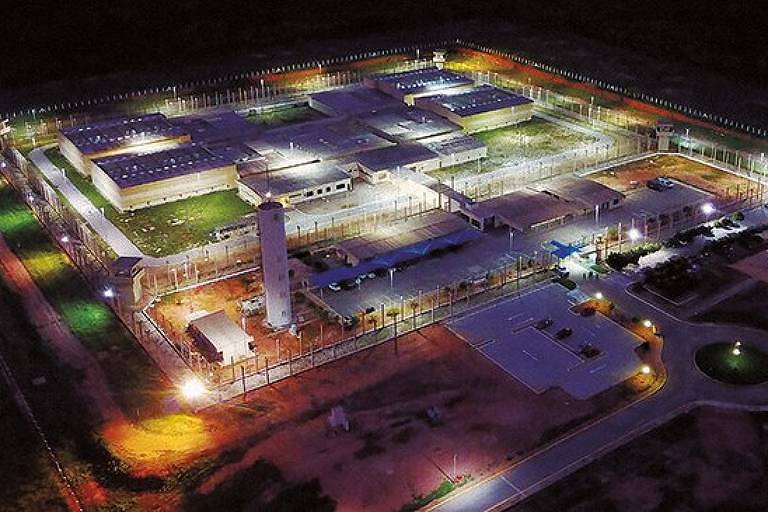
HAVANA TIMES – Invoking the fight against terrorists and sending those who can be charged with this crime to new maximum-security prisons are increasingly emerging in the toolbox of Latin American leaders who want to show an iron fist against criminals and opponents.
Renata Segura, head of the regional program of the Brussels-based think-tank International Crisis Group, wrote on her X-media account that “the fascination of Latin American presidents with maximum security prisons is spreading like wildfire.”
This attraction is present among presidents of opposing political persuasions, although most of them are united by the neo-populism of their policies and actions.
Venezuela is the most recent case, where president Nicolás Maduro, whose re-election in the 28 July elections sparked an outbreak of street protests, ordered two prisons to be set up as maximum security jails to hold some 2,000 protesters arrested and accused of terrorism.
Argentine president Javier Milei accused opponents who recently demonstrated against him in Buenos Aires of the same offence, while Ecuador’s Daniel Noboa ordered the construction of a maximum security prison and a prison ship for criminals accused of terrorism.
The top regional reference is President Nayib Bukele of El Salvador, who under a state of emergency that has lasted more than two years has detained 80,000 people, mostly accused of terrorism as members of large criminal gangs or maras.
The Bukele government built a mega-prison, the Terrorism Containment Center (Cecot), with capacity for 40,000 inmates who are subjected to trial and detention conditions that violate human rights, according to international humanitarian organizations that observe the process.
Segura told IPS from New York that “the recent announcements of the construction of maximum security prisons are most likely inspired by the measures taken by president Bukele, who has been quite successful in reducing insecurity.”
She acknowledged that the Salvadoran ruler “has high levels of popularity, despite massive human rights violations in that country.”
Indeed, “he ended up putting two percent of El Salvador’s adult population behind bars, mostly without due process, and with serious human rights violations,” said Carolina Jiménez Sandoval, president of the non-governmental Washington Office on Latin America (Wola).
Under this state of emergency, “at least 261 people have already been killed, and we must remember that every person in state custody is the responsibility of the state,” Sandoval told IPS from Washington.

New fad, old recipe
On 21 June, Noboa started building a maximum-security prison on a 16-hectare site in the province of Santa Elena, on the Pacific coast o


